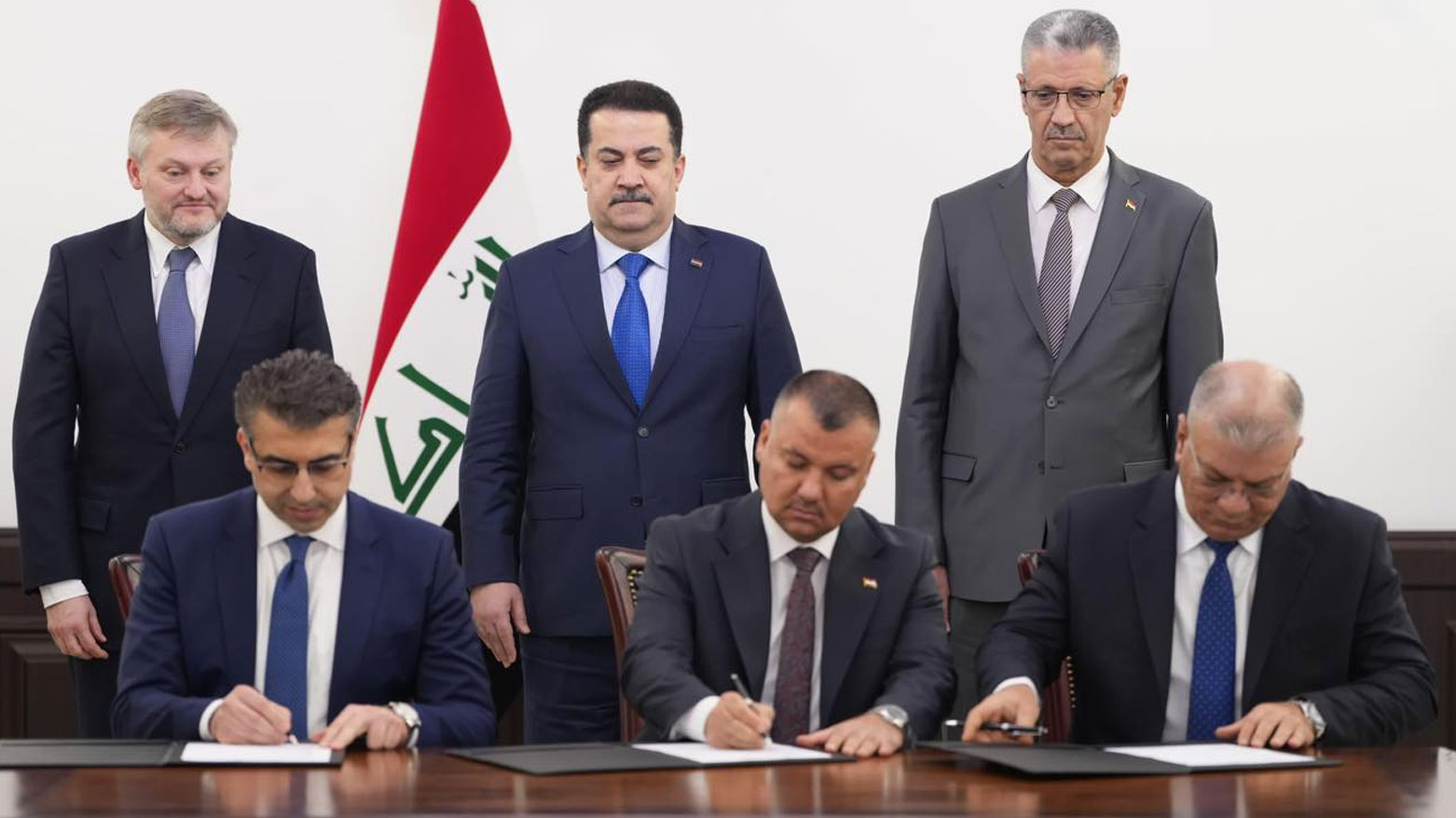BP and Iraq Sign Oil Development Deal in Kirkuk Without KRG Consultation
This agreement marks another instance of the Iraqi government making unilateral decisions regarding Kirkuk’s oil industry, further sidelining the KRG from discussions that impact the economic and political future of the region.

By Dler Mohammed
ERBIL (Kurdistan24) – The British energy giant BP and Iraq’s Ministry of Oil have signed an agreement to develop and boost oil production from four major fields in Kirkuk, a move made without consultation with the Kurdistan Regional Government (KRG).
The deal, which was signed under the supervision of Iraqi Prime Minister Mohammed Shia’ Al-Sudani, raises concerns about Baghdad's unilateral management of Kirkuk’s resources, a region historically considered part of Kurdistan but currently outside the KRG’s administrative control.
According to a statement from the Iraqi Prime Minister’s office, the agreement was signed on Wednesday, between BP and the Iraqi Ministry of Oil to develop and enhance production from the Bai Hassan, Havana, Jambur, and Khabbaz oil fields in Kirkuk. The project aims to revitalize the fields, increase hydrocarbon reserves, and raise crude oil production capacity to 420,000 barrels per day.
Additionally, plans include revamping the infrastructure of North Gas Company to produce 400 million standard cubic feet of gas daily and constructing a 400-megawatt power station.
The deal is expected to reduce gas flaring associated with crude oil extraction while securing necessary fuel supplies for Iraq’s power plants. However, it also reinforces Baghdad’s direct control over Kirkuk’s oil wealth, bypassing the KRG despite the region's historical and political significance in Kurdistan. Kirkuk, a disputed territory under the Iraqi constitution, has remained a flashpoint between Erbil and Baghdad.
This agreement marks another instance of the Iraqi government making unilateral decisions regarding Kirkuk’s oil industry, further sidelining the KRG from discussions that impact the economic and political future of the region.